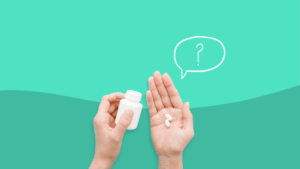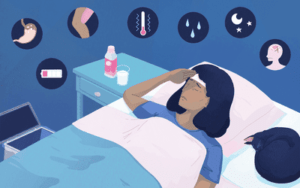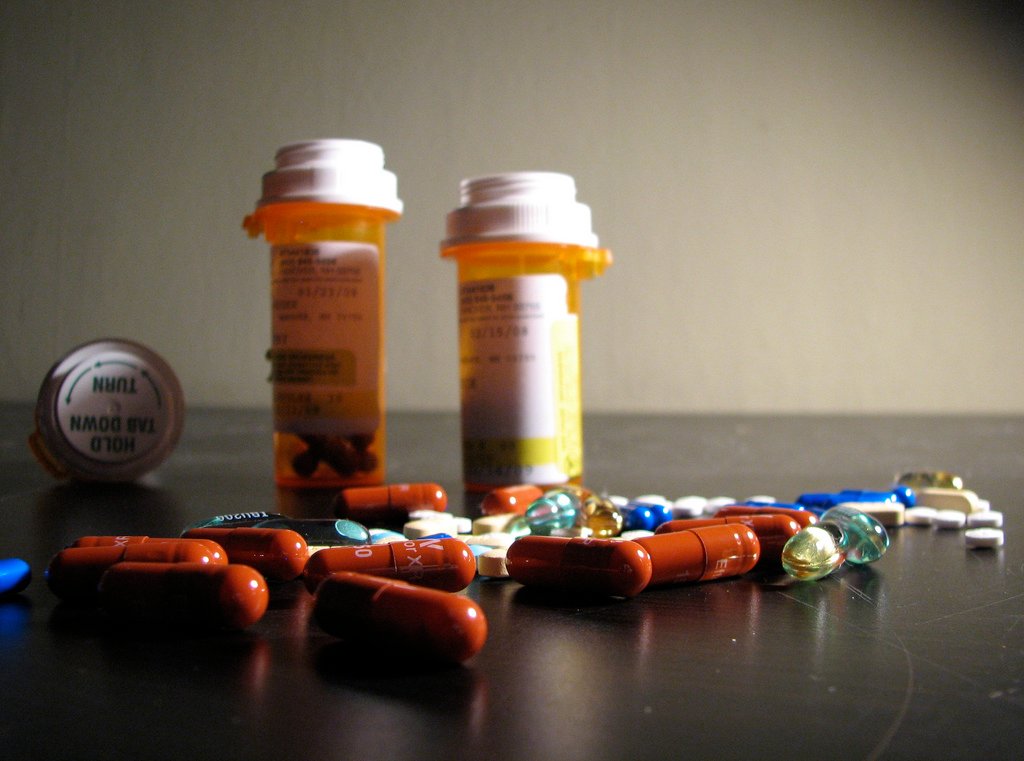Attention Deficit Hyperactivity Disorder (ADHD) is a condition that affects many people around the world. It can cause problems with focus, concentration, and hyperactivity. While there is no cure for ADHD, there are treatments that can help. One of these treatments is Zoloft. In this blog post, we will discuss how Zoloft can help treat ADHD symptoms. We will also talk about the side effects of this medication and how to reduce them. If you or someone you know suffers from ADHD, be sure to read this blog post!
Contents
What Is ADHD?
ADHD is a neurological condition that is characterized by problems with focus, concentration, and hyperactivity. It can affect both children and adults, but it is most commonly diagnosed in childhood. ADHD can cause a number of problems in people’s lives, including difficulty at school or work, problems with relationships, and poor self-esteem.
It can be difficult to diagnose ADHD because the symptoms can vary from person to person. Some people with ADHD are only mildly affected, while others may have more severe symptoms. In order to be diagnosed with ADHD, a person must have had symptoms for at least six months and these symptoms must be present in more than one setting (e.g., at home and at school).
What Is Zoloft?

Zoloft is a medication that is used to treat a variety of conditions, including depression, anxiety, and post-traumatic stress disorder. It is also approved by the FDA to treat children with OCD. Zoloft belongs to a class of medications called SSRIs (selective serotonin reuptake inhibitors). These medications work by increasing the level of serotonin in the brain.
Zoloft has been shown to be effective in treating ADHD symptoms in both children and adults. In one study, Zoloft was found to be more effective than placebo in reducing ADHD symptoms. The most common side effects of Zoloft include nausea, headache, fatigue, dry mouth, and weight gain.
How Does Zoloft Work?

While there is no cure for attention deficit hyperactivity disorder (ADHD), there are treatments available that can help manage the symptoms associated with this condition – one of which is Zoloft.
Zoloft works by increasing the level of serotonin in the brain. Serotonin is a neurotransmitter that is involved in mood and behavior. By increasing the level of serotonin, Zoloft can help to improve mood and reduce impulsivity and hyperactivity.
For those with ADHD, Zoloft helps by improving focus and concentration. It can also help to reduce impulsive behaviors and hyperactivity. In addition, Zoloft can also help to improve mood and reduce anxiety.
Zoloft is a safe and effective medication that can help to improve symptoms of ADHD. However, it is important to remember that Zoloft is not a cure for ADHD and it is important to continue other treatments, such as therapy, as well.
Dosage
Zoloft is typically taken once or twice daily, with or without food. The starting dose is usually 50 mg, but it can be increased to 100 mg if needed. It may take several weeks for Zoloft to start working.
Zoloft liquid (oral concentrate) must be diluted with a liquid right before you take it. Read and carefully follow all mixing instructions provided with your medicine.
In case you miss a dose, skip the missed dose if it is almost time for your next dose. Do not take two doses at one time.
Side Effects

The most common side effects of Zoloft include nausea, headache, restlessness, constipation, fatigue, dry mouth, and weight gain. These side effects are usually mild and go away on their own after a few days. If you experience any of these side effects, be sure to talk to your doctor. In most cases, these early side effects will clear up within the first one to two weeks of starting the medication.
In rare cases, Zoloft can cause more serious side effects, such as serotonin syndrome, sexual problems, manic episodes liver damage, or suicidal thoughts. If you experience any of these side effects, it is important to seek medical help immediately.
How Can I Reduce the Side Effects?
There are a few things you can do to reduce the side effects of Zoloft.
- First, be sure to take the medication with food or milk. This can help to reduce nausea and vomiting.
- Second, drink plenty of fluids and stay hydrated. This can help to reduce fatigue and dry mouth and improve overall well-being.
- Finally, if you experience any weight gain, be sure to talk to your doctor. They may be able to prescribe a different medication.
Things To Consider

Zoloft is a safe and effective medication for treating ADHD. However, there are a few things to consider before starting treatment.
- The medicine should be taken once daily either in the morning or evening. If Zoloft makes you drowsy, take it at bedtime.
- Sertraline should not be taken with or within two weeks as it can trigger allergies.
- Do not use Zoloft within 14 days before or 14 days after using an MAO inhabitor, which includes isocarboxazid, linezolid, methylene blue injection, phenelzine, and tranylcypromine.
- Zoloft may interact with other medications, so be sure to talk to your doctor about all the medications you are taking.
- Do not drink alcohol while taking Zoloft as it can increase the risk of side effects.
- If you are pregnant or breastfeeding, talk to your doctor before starting treatment.
It is important to notify your doctor if you have either of these conditions or take any medications for them:
- bipolar disorder
- seizures
- liver/kidney problems
- low sodium levels
- heart problems
- glaucoma
- high BP
Finally, remember that Zoloft is not a cure for ADHD and it is important to continue other treatments, such as therapy or counseling.
Alternative Treatment Options
If you are looking for alternative treatment options for ADHD, there are a few things to consider.
- Other medications such as Adderall, Concerta, Ritalin, and Vyvanse can help in treating ADHD. They each have their own working, dosage, side effects and uses.
- Therapy can also be an effective treatment option for ADHD. It can help to teach coping mechanisms and strategies to deal with the symptoms of ADHD. CBT and psychotherapy are two common types of therapy that treat ADHD.
- Lifestyle changes can also be helpful in managing the symptoms of ADHD. These changes can include diet, exercise, and sleep habits.
- There are also natural supplements that can be helpful, such as omega-three fatty acids, magnesium, and probiotics.
- Dietary changes, such as avoiding processed foods and eating more fruits and vegetables, can help to improve symptoms.
- Exercise can also be helpful in reducing symptoms of ADHD.
- Herbal remedies, such as Ginkgo Biloba or green tea, may also be helpful. However, it is important to talk to your doctor before starting any new treatments.
Conclusion
In conclusion of the above, Zoloft is a prescription medication that is used to treat a variety of mental health conditions. It can also be an effective treatment option for ADHD. It is important to consider all your options and talk to your doctor before starting any new treatments. There are a variety of alternative treatment options available, including other medications, therapy, lifestyle changes, and natural supplements.
For more information, please contact MantraCare. ADHD is a neurodevelopmental disorder characterized by difficulty in paying attention, hyperactivity, and impulsivity. If you have any queries regarding Online ADHD Counseling experienced therapists at MantraCare can help: Book a trial ADHD therapy session


